Plastik fra kilde til aflejring: En undersøgelse af plastikaffalds transportveje og skæbne i kystnære områder (TRACE)
Af verdens totale plastaffald er det kun en lille del der genanvendes. Den største del deponeres på lossepladser eller ender i naturen, for til sidst at blive transporteret ud i havet. Flere af Geocenter Danmarks forskere inden for discipliner som sedimentær geologi, kultur- og naturgeografi, geomikrobiologi, mineralogi arbejder med forskellige aspekter af plastikforurening. Med dette multidisciplinære projekt samler vi Geocenterets ekspertise inden for plastikforurening, med det formål at skabe ny viden og konsoliderer Geocenteret som hovedaktør inden for plastikforskning i Danmark og i udlandet.
Forståelsen for og forskning i, hvilke politiske og socioøkonomiske faktorer, som styrer udledning af plastik til miljøet er begrænset og ligeledes mangler der viden om plastiks transportveje fra kilde til aflejring og begravelse i kystnære og marine miljøer. Nye studier har vist at store mængder af oceanernes plastikafflad begraves i marine- og kystsedimenter, men plastikaffaldets kilder og transportveje er stadig ubeskrevet og der mangler viden om socioøkonomiske løsninger til at nedbringe plastikforurening af oceanerne og hvilke omkostninger, der er ved at skulle nedbringe forureningen.
Det overordnede formål med dette projekt er derfor at: I: undersøge de socioøkonomiske og politiske årsager og transportveje for plastik ud i det marine miljø, II: at undersøge transportdynamikker og områder hvor plastik aflejres og begraves i kystnære miljøer og III: at udvikle en omkostningseffektiv metode til at kvantificere mængden af plastik i naturlige aflejringer.
Med TRACE bliver Geocenter Danmarks position som førende center inden for plastikforskning og undervisning yderligere styrket og med det stigende antal højt-motiveret studerende, som ønsker at ”turn the tide on plastic” er Geocenteret centralt placeret, når den næste generation af forskere skal uddannes inden for dette hurtigt udviklende felt.
Plastics from source to sink: Exploring transport pathways and fate of plastic waste in coastal waters (TRACE)
Only a small percentage of total global plastic waste is recycled, the majority accumulates in landfills or enters the environment where much of it eventually ends up in the oceans. Several groups within Geocenter Denmark currently study aspects of environmental plastic pollution, including disciplines within sedimentary geology, human geography, physical geography, geomicrobiology, mineralogy and groundwater research. With this multi-disciplinary project, we join the plastic-expertise within the Geocenter to extend our findings and consolidate the position of the Geocenter as a main contributor to plastic-pollution research and education in Denmark and abroad.
A key underexplored area of research into the environmental fate of plastics is political and socio-economic circumstances resulting in the release of plastic into the environment and the transport of this pollutant, from its sources to potential temporary and long-term sinks. Recent studies suggest that marine and coastal sediments provide a major sink of ocean plastic debris, but sources and pathways remain undefined and knowledge on socio-economic solutions to prevent marine litter and the cost of action is absent. Moreover, lack of cost-efficient methods hampers quantification of plastic in natural sediment samples.
The main aims of the project are therefore to: I: examine the socio-economic and political drivers and pathways for plastic into the aquatic environment in one of the main global hotspots for plastic pollution (Yangon, Myanmar), II: to investigate transport dynamics and sinks for plastic pollution in estuarine, coastal environments and III: to develop a cost-efficient methods for quantification of plastic in natural deposits.
With TRACE, the position of Geocenter Denmark as a leading centre for plastic research and teaching is further strengthen and with an increasing number of highly-motivated students wanting to “turn the tide on plastic”, the Geocenter is uniquely placed to train the next generation of scientist within this rapidly developing field.




